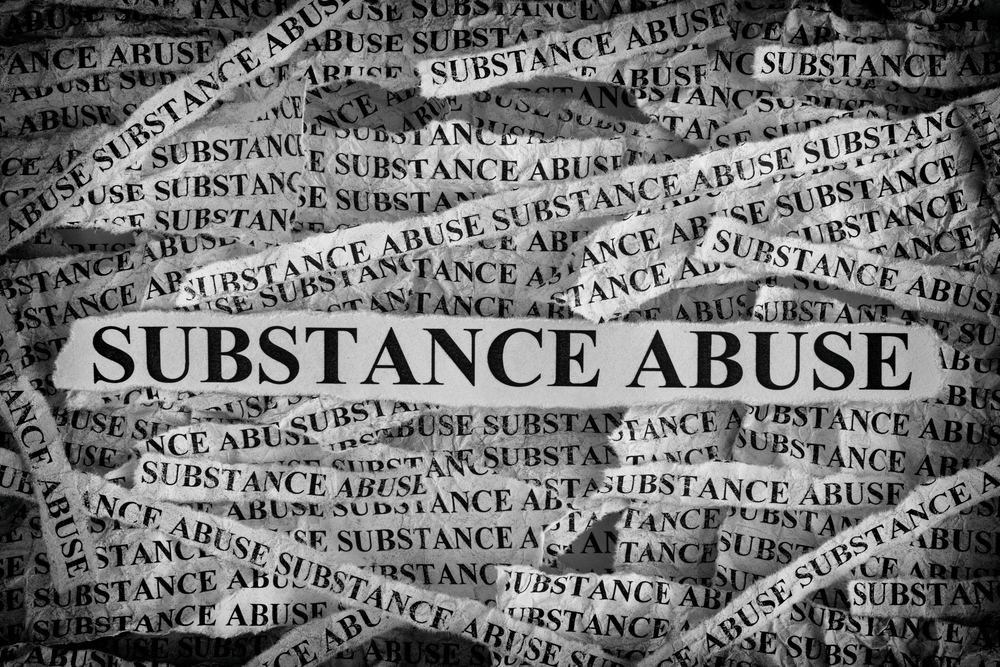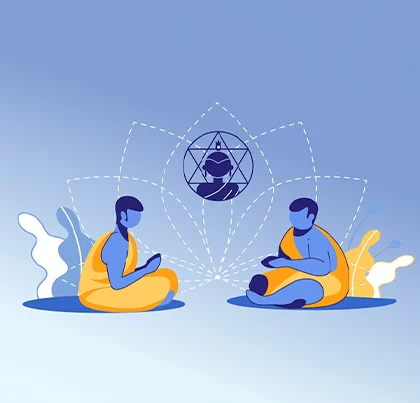Warning Signs That May Indicate Substance Abuse

Whether involving alcohol or various drugs, substance abuse disorders can be enormously damaging to both those who suffer from them and their families. In the majority of cases, there will be signs that build up indicating the presence of a substance abuse disorder, often of the sort that get worse and worse as time goes by.
At Brighton Recovery Center, we’re proud to provide both alcohol and drug recovery programs to patients throughout Utah, assisting both them and their families with this process. A major part of recovery involves the ability of both individuals themselves and those close to them to spot the potential warning signs that a substance abuse disorder is developing or has developed; here are some of the top signs to keep in mind if you notice them in someone close to you, or even in yourself.
Physical Signs
While the specific physical signs of a given substance abuse disorder may vary somewhat depending on both the substance in question and the person using it, there are some that apply across many cases. These include:
- Major mood swings: It’s one thing to experience sudden and unexpected changes in mood, but if those shifts seem unreasonably severe or dramatic, they can indicate a problem. Many forms of substance abuse cause significant changes in brain chemistry, which can severely affect how an individual feels. Have you begun to notice that the person in question doesn’t just deal with normal levels of stress but instead reacts to them in drastic ways?
- Changes in sleep patterns: Those who are abusing drugs or alcohol will often begin to show signs that their sleep is being negatively impacted, often without realizing it. This can include sleeping significantly more than usual, sleeping much less than usual, waking up earlier than they normally would and so on. If the person in question used to go to bed and wake up at roughly the same time but has begun deviating significantly from this routine, there may be a problem.
- Withdrawal: If heavy use of alcohol or drugs leads to withdrawal symptoms if the user tries to stop using, this is one of the clearest signs that addiction is present. Symptoms of withdrawal can include a range of physical and emotional issues, including nausea, sweating, anxiety and irritability.
- Memory losses: Often referred to as “blackouts,” episodes in which an individual has lost a portion of their memory for a period of time and cannot recall what happened during that gap in time, this is another sign that drinking or drug use is out of control. Losses can range from small periods (for example, one drink missing from the bottle) to large (the night of a big party). Not every instance of blackouts will indicate that there is an alcohol or drug abuse problem, but if they become more frequent over time, this may well be the case.
- Sudden weight loss or weight gain: Just as sleep patterns are often disrupted among those who are abusing substances, the same is true of their dietary habits. If suddenly either weight loss or weight gain occurs without any apparent reason for that occurring, it may be a sign that something is off.
Lifestyle Patterns and Signs
In other cases, certain behaviors or patterns that the individual in question engages in may indicate that there is an issue. Some examples include:
- Constant conflicts: If the person in question seems to always be arguing with people, either at home or work, this is a sign that emotions are out of control. This may be accompanied by physical violence or other extreme forms of behavior directed at others.
- Availability: If someone has begun regularly utilizing drugs, alcohol or both in excess and doing so alone (for example, drinking constantly throughout the weekend without others present), this is another sign that there may be a substance abuse disorder.
- Financial issues: The presence of significant financial difficulties, such as an inability to pay bills or buy necessary items due to spending money on drugs or alcohol instead, can indicate that there is a problem. If these problems began cropping up around the same time that drug or alcohol use began, this may be an indication of addiction.
- Continued use even after negative consequences: If someone close to you continues to engage in substance abuse behaviors even though it has caused significant problems for them, such as losing their job or hurting their relationships, this is a serious indicator that there is an issue. If the individual has sought help to deal with these issues but returns to use, this may well indicate that addiction is present.
- Secretive behavior: As substance abuse disorders increase in severity, it can become harder and harder for others to determine what the individual is doing when they’re alone. This secretive behavior may include lying about where they are or who they’re with, hiding items in unusual places around the house or at work, stealing money, etc.
Personal Warning Signs
In most cases, the signs we’ve gone over above will be spotted by a friend or loved one — it’s often tougher to self-assess these kinds of things. However, there are also many situations where individuals can actively feel themselves slipping into substance abuse, and may be able to consciously recognize these signs and get themselves some help. These signs include:
- Relying on drugs or alcohol to feel “normal”: If you have begun having regular drug or alcohol use in order to get yourself through the day, this is a sign that you may be addicted. You should not need any substances to function normally.
- Loss of interest in hobbies and activities: If activities that used to bring you joy, such as reading or playing a sport, have been replaced by drug or alcohol use, this can often indicate a problem.
- Promiscuity: If you are regularly engaging in sexual activity with people you would not normally date, it may be that drugs or alcohol are involved. This behavior is indicative of the fact that your inhibitions are lowered due to substance abuse.
- Slips in hygiene: If you are regularly neglecting basic hygiene, such as washing yourself or your clothes, this often indicates that something else is going on with your mental health. Drugs and alcohol can play a role in these kinds of behaviors.
- Physical conditions: You may also experience physical conditions that stem from the lack of care, which you would not normally have. These may include things like acne breakouts or weight fluctuations.
- Increased tolerance: If you are having to increase the amount of drugs or alcohol that you use in order to get the same effect, this is another sign of addiction.
For more on the signs that may indicate a substance abuse concern, or to learn about any of our addiction recovery treatments, speak to the staff at Brighton Recovery Center today.



